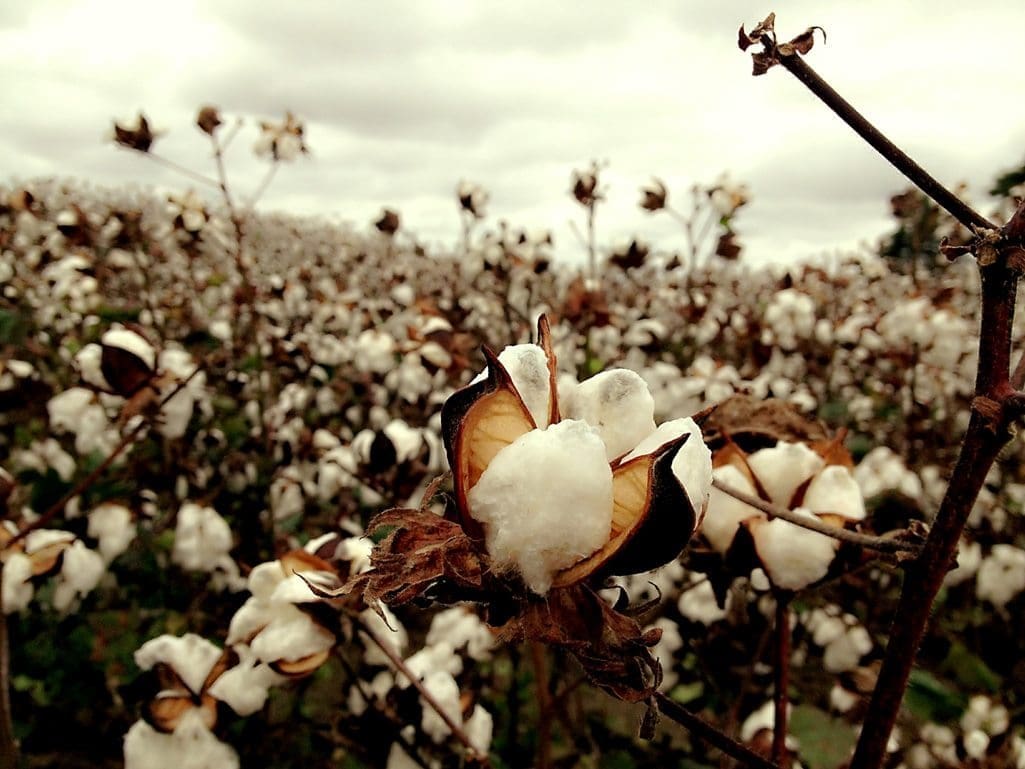Nowadays global warming, diseases like growing cancer rates and poverty and increasing chemical sensitivities are something which concerns most of us. But our clothes can be a villain too, and quite significant.
When we think of cotton, what image comes to our mind is white, pure, fluffy, natural and pure fabric. Cotton is a versatile and globally important fiber which is used for various purposes like making clothes, food products, accessories, etc. because of its various uses, softness, breathability, absorbency, year round comfort, performance and durability it is one of the most widely traded commodities on earth. Cotton is a part of our day-to-day lives be it drying our faces on soft cotton towel in the morning or sliding over fresh cotton sheets at night. It has hundreds of uses from a shirt to shoe strings.
Historically, India held world monopoly in the production and manufacturing of cotton textiles for almost about 3000 years from around 1500B.C. to around 1500 A.D. During the middle ages, Indian cotton textile products were in great demand, mostly in the European markets. Chintz of Masulipatnam, muslin of Dhaka, calico of Calicut and gold-wrought cotton piece goods of Burhanpur, Ahmedabad and Vadodara acquired a worldwide recognition because of their quality and design.
Today, cotton regains its importance and is preferred for household items.The Textile industry today continues to be the second largest industry after agriculture, in India. It provides employment to 20 million people and contributes nearly 38 percent to the total value of exports. This industry has witnessed a significant growth during the last four decades. Cotton Textile industry in India is linked with agriculture and provides living to farmers, cotton ball pluckers, workers engaged in ginning, spinning and weaving the fibers produced, then dyeing, designing, packaging, tailoring and sewing. This industry indirectly supports many other industries like chemicals, dyes, mill stores, and engineering works. Along with this handspun khadi provides large scale employment to weavers engaged in cottage industry. Cotton textile goods are also exported to U.S.A., U.K., Russia, France, East European countries, Nepal, Singapore, Sri Lanka, and African countries.
Growing conventional cotton is one of the most chemical-intensive process, and one of the most widely grown crops in the world. The chemicals involved in production of these crops have tremendous harmful impact on the air, water and soil and impacts harshly to the health of the people associated in growing these crops. These are amongst the most toxic chemicals, as said by the Environmental Protection Agency. The problem in developing countries is even worse, as in addition to destroying the land, it also affects thousands of farmers exposed to these chemicals every year.
Thus, we can say that organic cotton is the need of the hour as it is grown using methods and materials which are more sustainable and has less impact on the environment. Today organic food is something which is most talked about and cherished. Likewise organic cotton is as important and essential as that of organic foods.
Today because of involvement of brands and retailers and their successful marketing has resulted in high demand for organic cotton products and thus available to customers in the usual points of purchase for textiles and clothing. Today organic cotton items are found in regular sales channels like department stores, supermarkets and even in high street fashion shops. Increase in the use of organic cotton by large fashion brands and retailers has resulted in generating much attention from other parts of textile industry, designers and the media. This further results in customer’s interest in demandfor organic cotton textiles and clothing and their willingness to purchase.
Caring for people around and associated with us is a life choice and choosing organic cotton over conventional one is part of such choice. By purchasing organic over conventional, we have the power to influence brands, manufacturers, and even farmers. So let us join our hands together for this change and build a world more sustainable and more breathable.


